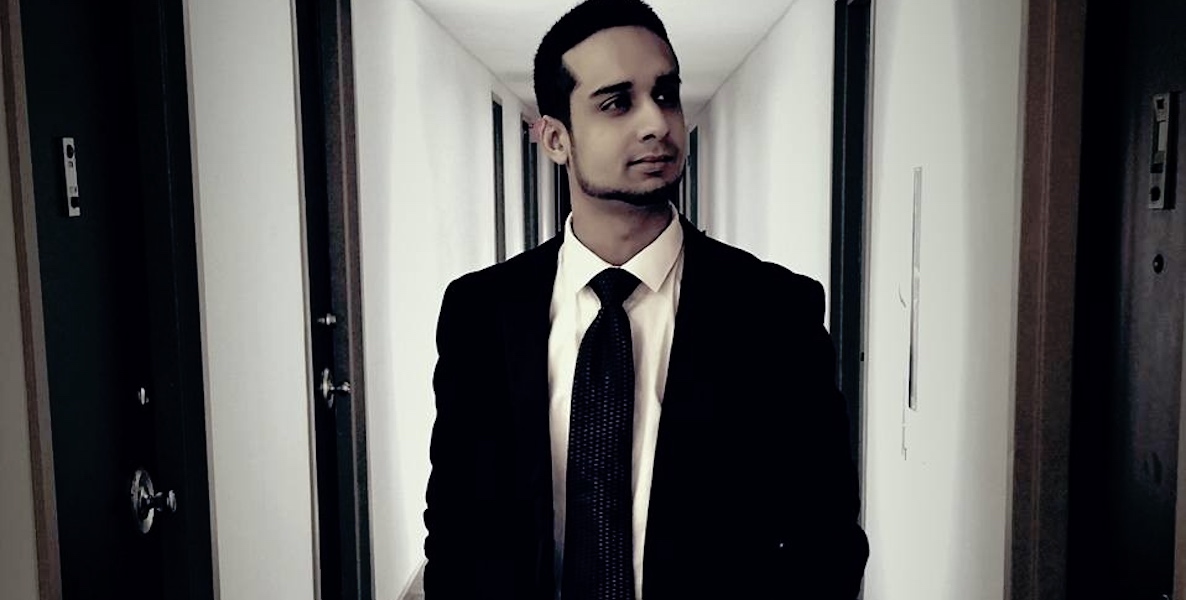We all have friends who have suffered from a Candy Crush addiction. Studies show that people spend around three billion hours a week playing online games. To 26-year-old Aradhya Malhotra, that always seemed like time that could have been better spent volunteering or forwarding a social cause. So the Drexel graduate, along with co-founders Chris Bennett and Oleks Levtchenko at Skyless Games, figured out how to cut into those hours by “gamifying” social causes.
“Our approach to video games is generally different,” says Malhotra, the Chief Technology Officer. “Most people look at video games as a product, I look at it as a medium that can really be an empowering tool in the future for good.”
Malhotra has received considerable press for his personal story, as a successful gaming entrepreneur who couldn’t secure an employment visa to remain in the United States. But it’s been his melding of gaming with social impact initiatives at Skyless that led to his inclusion earlier this year as one of the Forbes 30 under 30 class of 2016 in the gaming category.
Skyless, with offices in the Baiada Institute in University City, has a simple mission: To help social causes create change using serious video games. “If you or your organization is struggling to make your message heard, we can help by working with you to create a fun and engaging game about your cause,” Skyless proffers to prospective clients. In four years, according to Buzzfile, the database of some 18 million companies, Skyless has five fulltime employees, as well as an array of freelance developers and designers.
Four years ago, Malhotra met his business partners and former schoolmates Bennett and Levtchenko while he was completing an interdisciplinary co-op program at Drexel. He was a computer science major, while Bennett came from the marketing program and Levtchenko was in finance. When Malhotra graduated from Drexel in 2013, he interviewed with gaming giants Microsoft and Zynga but none of them quite spoke to the passion he shared with Bennett and Levtchenko of supporting social causes. They decided to go for it and start a company, picking the name Skyless Gaming Systems to indicate that the sky was not the limit; they dreamed of greater things.
Early on, Skyless was approached by an organization called Repatriation Group International, a nonprofit group that helps developing countries combat corruption and recover revenue lost to it. Skyless developed Follow The Money, a training game for law enforcement that teaches skills and techniques for investigating financial crimes and recovering assets. The game’s virtual case allows government ages to practice and perfect skills ranging from evidence gathering to transaction tracing and asset forfeiture.
Other socially conscious games produced by Skyless includes LifeLeap, in conjunction with Aahana, a nonprofit that provides education, healthcare and vocational training to India’s women and disabled youth. LifeLeap is an “infinite runner game” with a twist: The player isn’t just trying to get the highest score possible, but is also trying to stay healthy. It’s meant to illustrate the need for healthcare in developing nations—and proceeds generated by the in-game store will fund healthcare supplies for those in need.
Then there’s the still in development AssembleIt, a two-player puzzle game for families with one or more children with autism. In all these cases, Malhotra is as focused on social impact as on profit.
As far as his personal situation goes, Malhotra was lucky enough to obtain an O-1 visa , which is given to “individuals with extraordinary ability or achievement,” a few months ago. With that drama taken care of, he’s now free to concentrate solely on changing the world through gaming.
“Any game is always teaching you something,” Malhotra says.“Most people know a lot more about history than they did because of Age of Empires. When you’re playing a video game, you don’t know you’re learning.”
Header photo: Aradhya Malhotra, provided



